Bright Futures Blog
The Bright Futures Blog (“Blog”) provides general information and discussions about health and related subjects. The information and other content provided in this Blog, website or in any linked materials is provided for educational and informational purposes only and is not intended and should not be considered, or used as a substitute for, medical advice, diagnosis or treatment. If you or any other person has a medical concern, you should consult with your health care provider or seek other professional medical treatment immediately. Never disregard professional medical advice or delay in seeking it because of something you have read on this Blog. If you think you may have a medical emergency, call 911 or go to the nearest emergency room immediately.

Quinn’s heart, her strength and a dance floor full of possibility

Growing With Miela
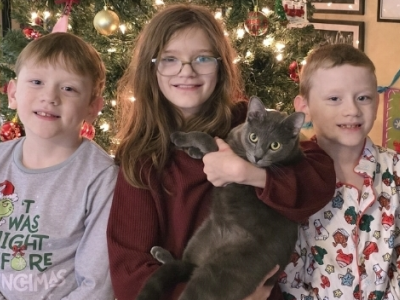
Three Siblings. Three Heart Warriors

Noelle: The Heart of Her Family

Gracie: Dancing Through Life's Obstacles
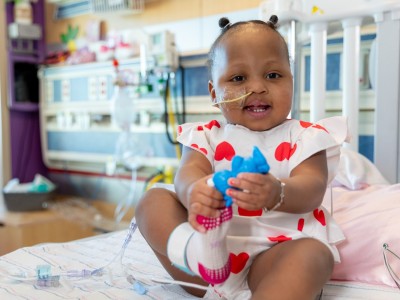
A Heart Full of Hope
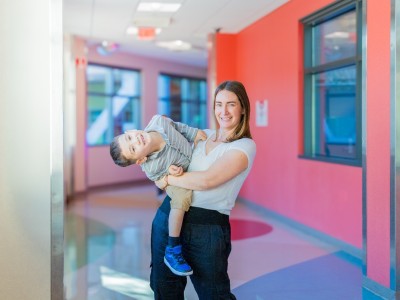
A heart for Harrison
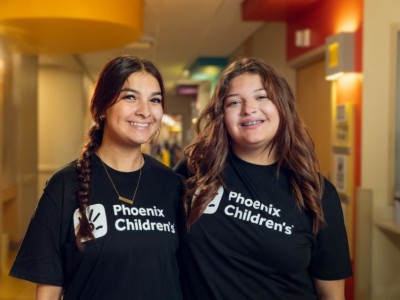
Where Hope Beats Strong
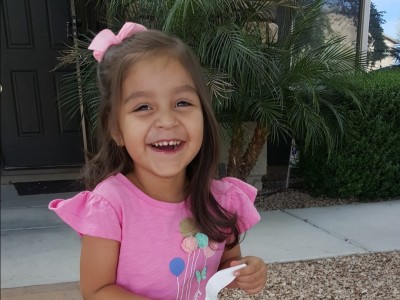
Noriah’s Story: Part Girly-Girl, Part Tough Girl, All Heart
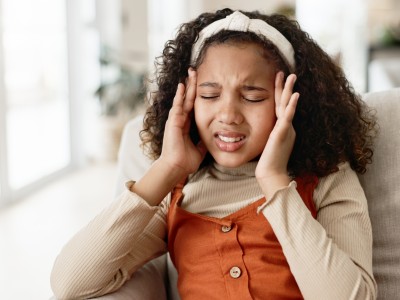
Headache home monitoring improves patient care

Supporting Your Child’s Mental Health - Just Like Their Physical Health

